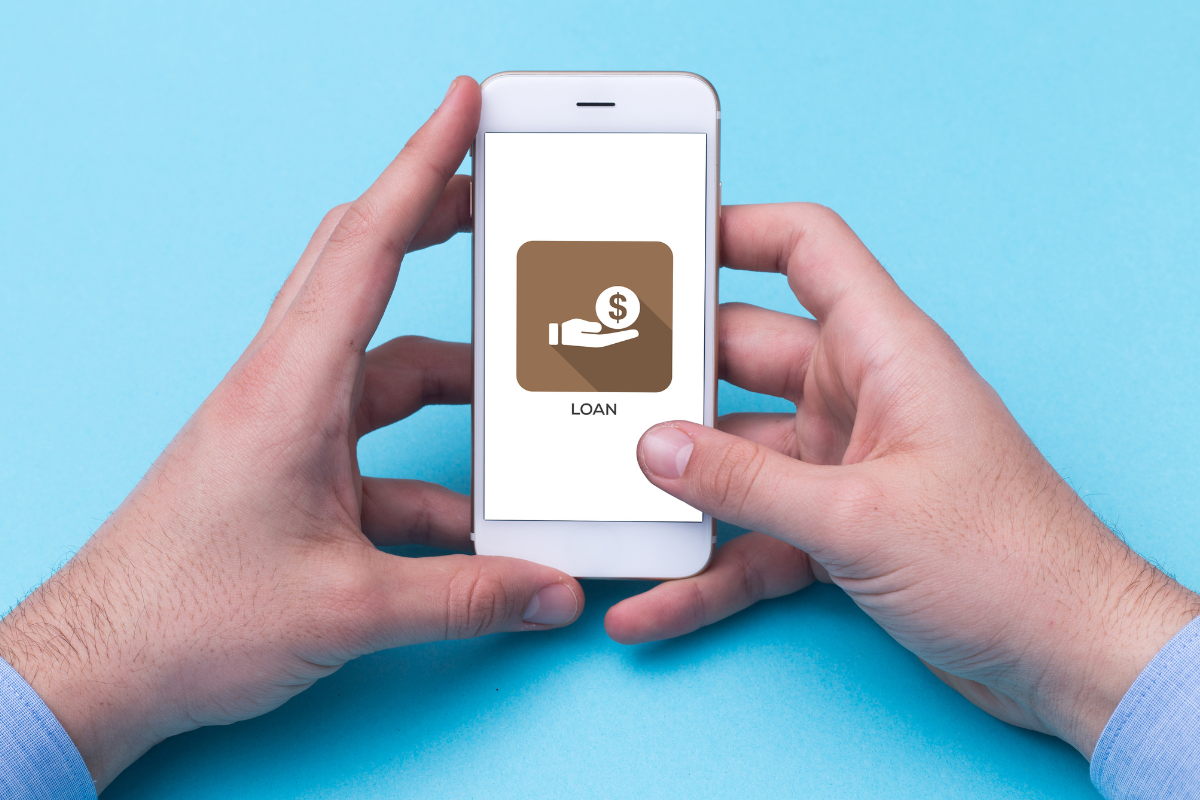When life throws you a big expense – whether it’s funding a wedding, paying for medical treatment, renovating your HDB flat, or consolidating debt – a personal loan often comes to mind. But once you start comparing your options in Singapore, you’ll quickly realise there are two main types: secured loans and unsecured loans.
At first glance, the difference might sound simple: one requires collateral and the other doesn’t. But in reality, the choice can affect everything from how much you can borrow, how fast you get the money, to how much risk you’re personally taking on.
This guide breaks down the key differences between secured and unsecured personal loans in Singapore, the pros and cons of each, and how to decide which one works best for your situation.
What Is a Secured Personal Loan?
A secured loan is one that’s “backed” by an asset you own – known as collateral. In Singapore, this could be:
- Your home (for example, a property-backed loan with a bank)
- Your car (car loans and some pawnbroking arrangements fall into this category)
- Even fixed deposits or savings held with the bank
Because the lender has something valuable to fall back on, secured loans are generally considered less risky for them. In return, they often offer lower interest rates, higher loan amounts, and longer repayment periods.
Common examples in Singapore
- Home equity loans: Borrowing against the value of your property
- Car loans: Where the car itself is the collateral
- Secured credit lines: Some banks let you pledge your fixed deposit for a credit line
However, the risk is clear: if you default, the lender has the legal right to repossess the collateral. For many Singaporeans, losing their home or car would be devastating, which is why this type of loan requires serious thought.
What Is an Unsecured Personal Loan?
An unsecured loan, on the other hand, doesn’t require collateral. Instead, the lender relies on your creditworthiness – which includes factors such as:
- Your income level
- Your credit score and history (recorded with the Credit Bureau Singapore)
- Your existing debt obligations
In Singapore, most personal instalment loans offered by banks like DBS, OCBC, UOB, and Standard Chartered fall into this category. Licensed moneylenders, regulated by the Ministry of Law, also provide unsecured loans, though with stricter caps and higher rates than banks.
Because lenders take on more risk, unsecured loans often come with:
- Higher interest rates than secured loans
- Lower borrowing limits, typically capped at 4–6 times your monthly income (subject to MAS rules)
- Shorter repayment terms, usually up to 5–7 years
The big advantage? You don’t risk losing your assets if you default. That said, defaulting on an unsecured loan still has serious consequences, including legal action, damaged credit scores, and potential bankruptcy proceedings.
Side-by-Side Comparison
Here’s how the two stack up in Singapore:
| Factor | Secured Loan | Unsecured Loan |
|---|---|---|
| Collateral | Required (property, car, deposit, etc.) | None |
| Interest rates | Typically lower (as low as 2–4% p.a. for home equity loans) | Higher (often 6–10% p.a. at banks; up to 4% monthly for licensed moneylenders) |
| Loan amount | Can be very high, depending on asset value | Usually capped at 4–6× monthly income |
| Repayment tenure | Longer (up to 25 years for property-backed loans) | Shorter (up to 5–7 years at banks) |
| Approval time | Slower – valuation and paperwork needed | Faster – sometimes instant approval online |
| Risk | Losing your asset if you default | No asset at risk, but credit score and legal consequences apply |
Everyday Scenarios: Which Loan Fits?
To make this practical, let’s look at some common Singaporean situations and see which type of loan might make more sense.
1. Home Renovation
If you’re upgrading your resale HDB flat and the budget runs into tens of thousands, a secured loan (like a home equity loan) may be better. It allows larger sums at lower rates, spread out over a longer period.
But if your renovation is modest – say S$20,000 for a kitchen and bathroom refresh – an unsecured personal loan from your bank could be quicker and less risky.
2. Medical Expenses
Medical costs can come suddenly, especially if insurance doesn’t cover everything. In urgent cases, an unsecured loan makes sense because approval is faster and you don’t have to put up collateral. The trade-off is higher interest, but the immediacy can be crucial.
3. Debt Consolidation
If you’re juggling multiple high-interest credit card debts, a debt consolidation plan (DCP) – essentially a type of unsecured loan regulated by MAS – may be the right choice. These consolidate all debts into a single repayment at a lower interest rate.
4. Starting a Small Business
Some entrepreneurs consider using personal loans to kick-start operations. A secured loan may allow a bigger lump sum at a lower rate, but it carries the risk of losing personal assets if the business struggles. An unsecured loan, while smaller, keeps your home and car safe.
5. Education
If you’re funding overseas studies or private courses, an unsecured education loan from a bank is usually more practical. They’re designed for this purpose and don’t put your property on the line.
Key Practical Considerations
1. Interest Rates and Fees
- Secured loans usually win here, with lower rates.
- Unsecured loans have higher interest, but watch for processing fees, late charges, and early repayment penalties.
2. Approval Time
- Secured loans involve property valuations or asset verification, so approval can take weeks.
- Unsecured loans from banks are often approved within days – sometimes hours for existing customers.
3. Loan Amount and Tenure
- Need S$200,000 or more? Only a secured loan will get you there affordably.
- For smaller, short-term needs (S$5,000–S$30,000), unsecured loans are usually sufficient.
4. Risk and Peace of Mind
- With secured loans, default means losing your asset – a terrifying prospect for most.
- With unsecured loans, your assets are safe, but poor repayment will still haunt your credit record for years.
How to Decide Which Loan Suits You
Here are some guiding questions for Singaporeans weighing their options:
- How much do you need to borrow?
- If it’s a very large amount, a secured loan is often the only viable route.
- How urgently do you need it?
- For emergencies, unsecured loans are much quicker.
- Are you comfortable pledging an asset?
- Think carefully before putting your flat or car at risk.
- What’s your repayment ability?
- MAS guidelines emphasise borrowing responsibly. If repayment is uncertain, avoid secured loans that could cost you your home.
- What’s the purpose of the loan?
- Match the type of loan to the expense: urgent needs = unsecured, large planned projects = secured.
Final Thoughts
In Singapore, both secured and unsecured personal loans have their place. A secured loan can give you access to larger sums at lower interest, but comes with the heavy risk of losing your collateral. An unsecured loan offers speed and convenience, though at a higher price.
Ultimately, the best choice depends on your circumstances – the size of your expense, how fast you need the money, and your comfort level with risk.
Before signing any loan agreement, always:
- Compare offers from multiple banks and licensed moneylenders
- Check the fine print for fees and penalties
- Ensure the lender is regulated by MAS (for banks) or licensed by the Ministry of Law (for moneylenders)
Borrowing is a tool – one that can either ease your financial burden or create new ones if misused. Approach it with clear eyes, a solid repayment plan, and a good understanding of the trade-offs between secured and unsecured loans.



